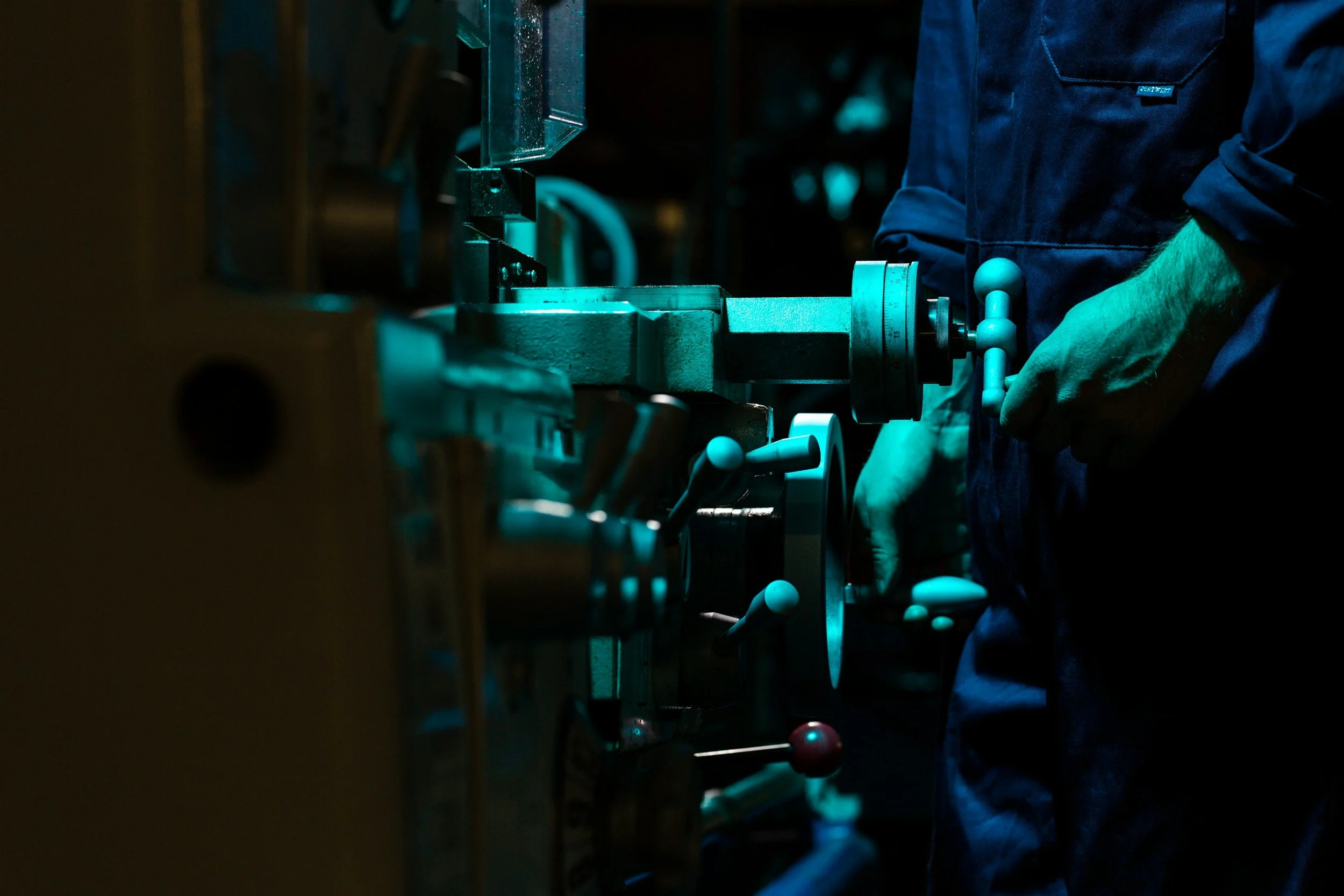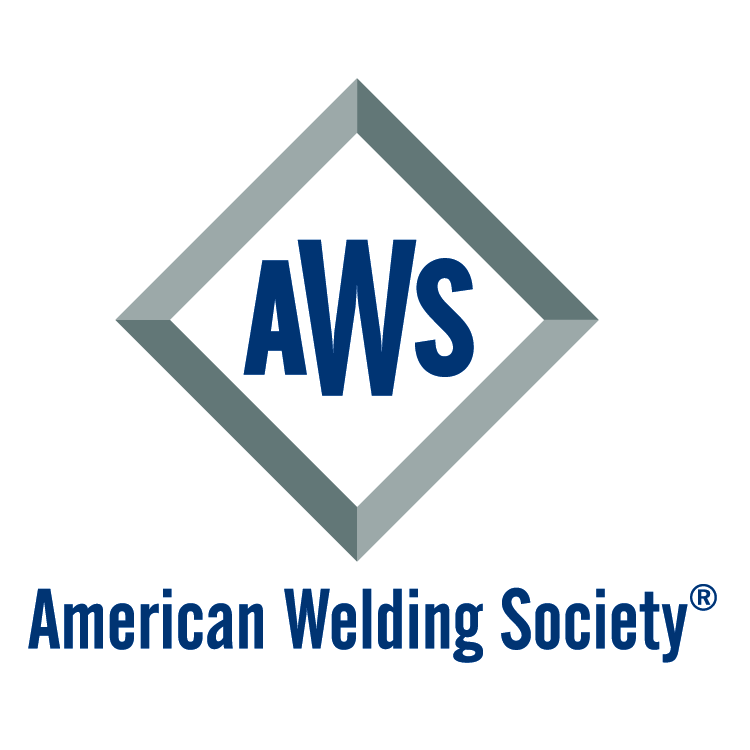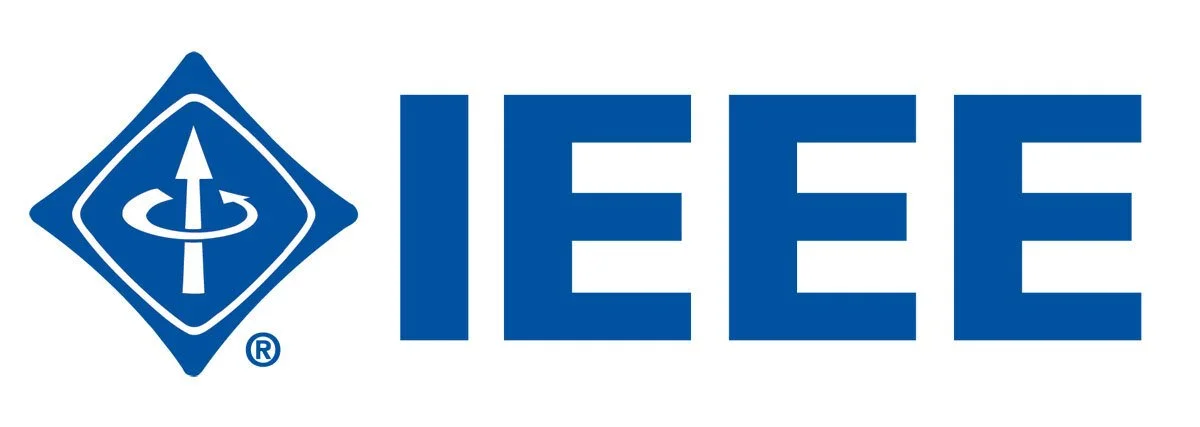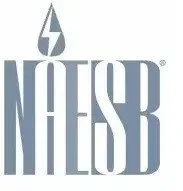
America’s Safety Standards
Are Under Attack.
Stop the Pro Codes Act
We’re the 2 million+ engineers and technical experts who write the standards that keep Americans safe — everything from elevators and pipelines to nuclear reactors.
Now, a misguided bill – the Pro Codes Act – endangers the system Americans have relied on for over 150 years. We can’t let special interests mislead Congress into passing legislation that risks public safety and puts American jobs and competitiveness on the line.
Congress must reject the Pro Codes Act.
“I’m a mechanical engineer in North Carolina. The standards we help write keep our factories running, our bridges strong and our families safe. If this bill passes, it’ll gut the system we rely on to do that work — and hurt the people who actually build and maintain the things Americans count on every day.”
Our coalition representing
over two million Engineers and Technical Experts:

Get Involved
Sign up to get regular policy updates.








